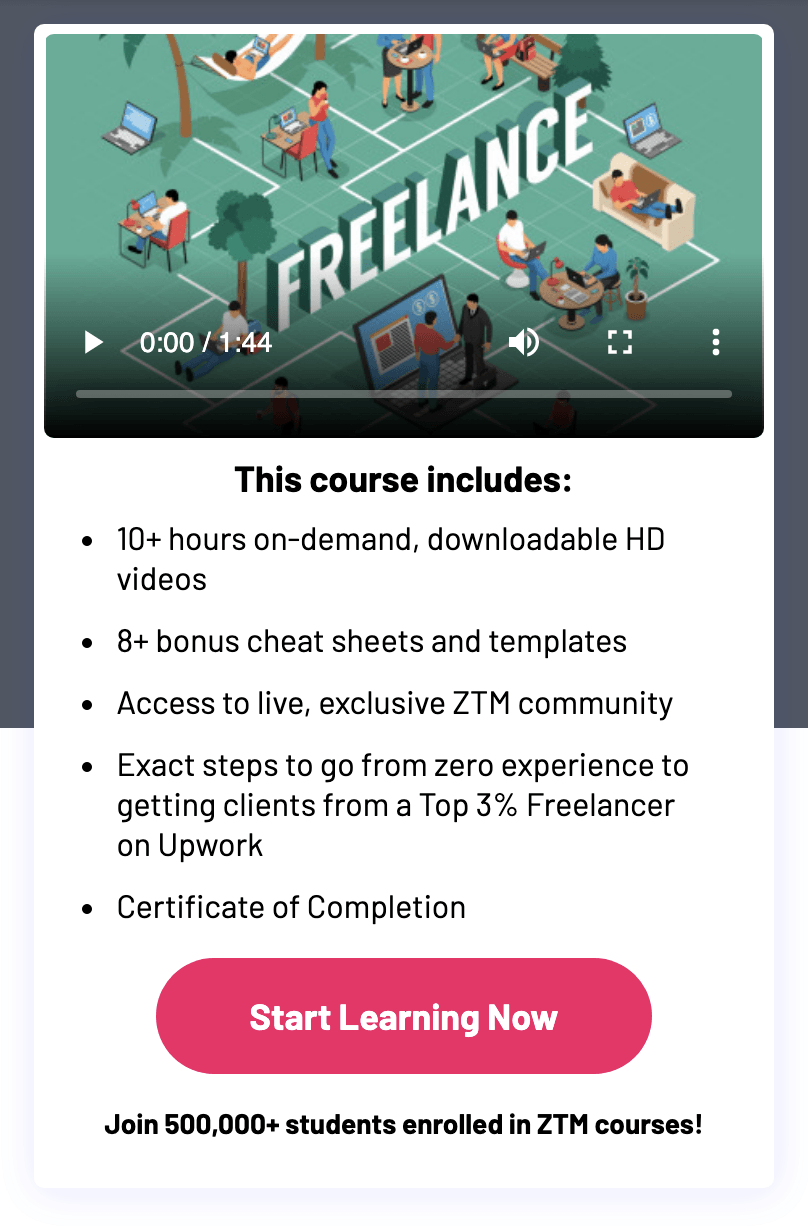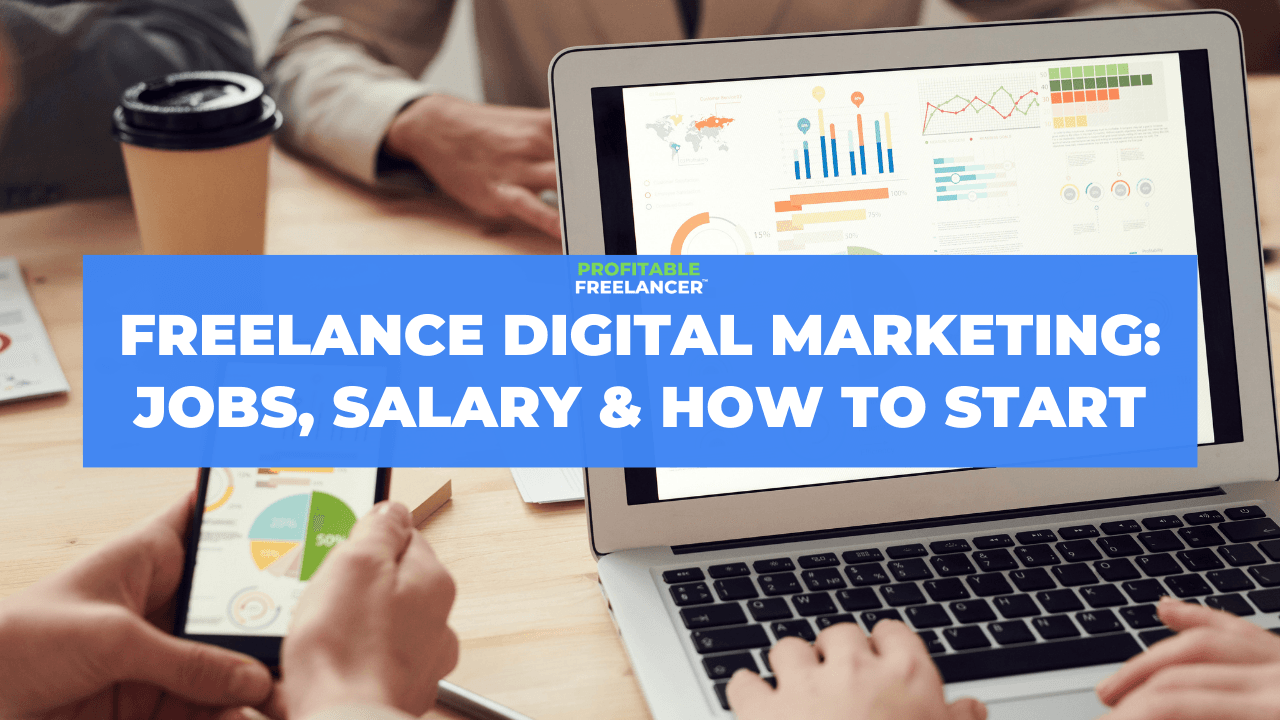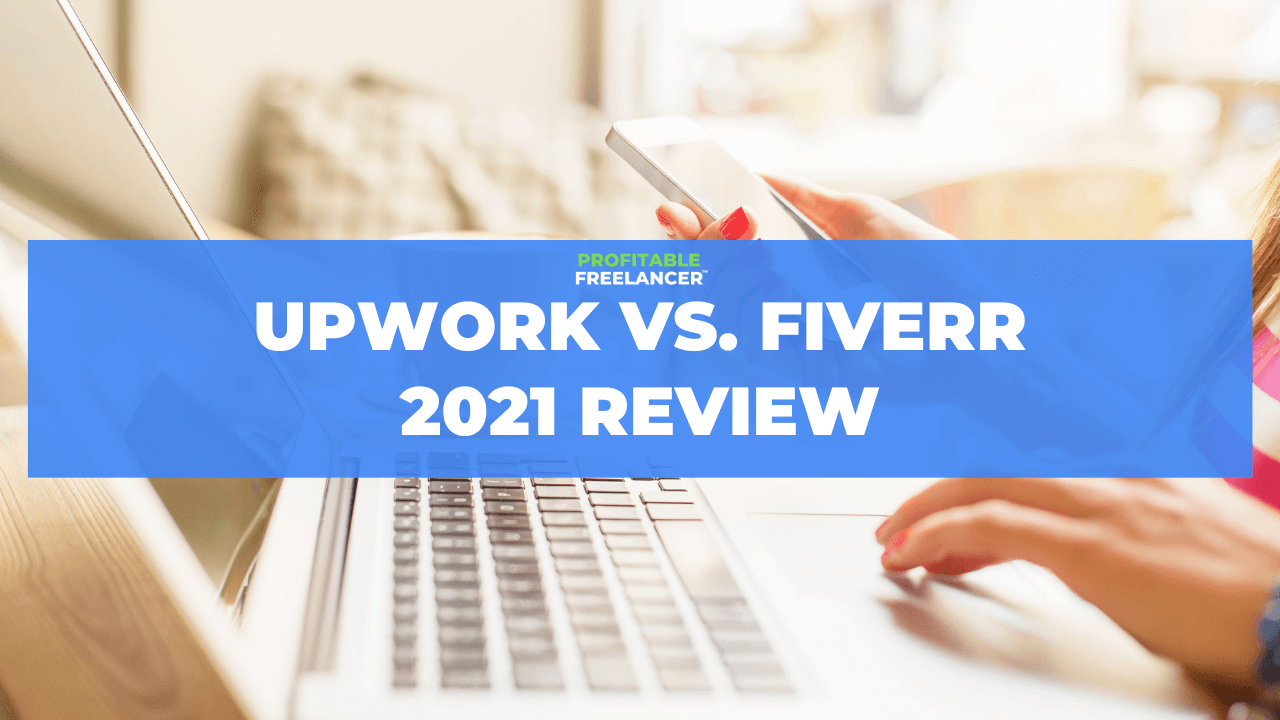Freelance Software Developer Salary and Jobs: What to Expect and How to Get Started
Whether you're a software developer with years of experience in a 9-5 job looking for something new, or you're a person who loves to learn and want to get into a lucrative, growing field, becoming a freelance software developer could be just the change you need.
Keep reading for the average freelance software developer salary, hourly rates, and how to become a freelance software developer.
How much can I make as a freelance software developer?
According to Glassdoor, the average freelance software developer salary in the US is between $92,833 per year and $107,698 per year. According to ZipRecruiter, the average freelance software developer hourly rate is $55/hour.
More inexperienced software developers can expect to make around $24K per year, but your salary will increase over time, especially if you actively work to establish yourself as an excellent developer.
How do I become a freelance software developer?

Step 1: Decide what kind of freelance software developer you want to become.
There are two routes you can go when it comes to getting freelance software developer jobs: generalizing and specializing.
As with any hard skill-based job, the more you learn, the more jobs you have access to. If you have years of experience in software development, generalizing may be the way to go.
At the same time, you may have to learn new programming skills every time you take a "generalist" job, which can be exhausting.
If you specialize in one area, focusing on a few specific types of projects, you can build a foundation for projects and customize each project depending on the client’s needs. That way, you won’t have to learn something completely new with every new client, and it’s easier to scale your business.
In fact, creating an effective work system like this is one of many
ways you can scale your freelancing business.
Step 2: Obtain the right “hard skill” sets.
The majority of software developers have at least a bachelor’s degree. You can become a software developer without a degree. In general, though, you will need to learn any “hard skills” (programming languages, version control tools, etc.) that you’re currently lacking.
The more you lean towards being a generalist software developer, the more programming languages you’ll need under your belt — full-stack developers get paid more for a reason.
If you choose to go into a specific niche, use hiring sites like Indeed and Zippia, as well as job boards like Upwork and Toptal, to see what kinds of skills you need to get the jobs you want.
Make a list of those skills, find an online resource to help you learn, and make a learning schedule for yourself. Consider learning by example, and doing test projects to teach yourself new skill sets. This kind of learning will show you where you make mistakes, and what you’re really good at. Hands-on learning will definitely help for the next step.
Step 3: Build an online software developer portfolio (don’t panic.)

You don’t need to build out an insane, website to show prospective clients your amazing developer skills (unless you want to be a web developer.)
Go for a sleek, minimalist site that showcases your best projects, and strongly consider linking out to your Github projects/profile, like in this
freelance developer website example, or simply taking some screenshots of your projects, like in this
freelance developer project example. You’ll be adding transparency and authority to your portfolio without any “extra work.”
In general, though, your work must be optimized in a technical sense. There should be no errors at all. Pages should last fast and be responsive on any device.
Consider hiring a graphic designer to help you design a really nice website if you can afford it.
Step 4: Find the right hiring platform and/or network.
There are three ways in which you can branch out into the freelancing world: tap into your current professional relationships, establish yourself in a software developer network, or apply to jobs listed on job boards.
In my professional opinion, you should do all three when you can.
If you are currently in a software developer position, you have a more relevant network of coworkers, friends, and colleagues to communicate with about companies needing talent.
If you’re in another professional altogether, establishing yourself as an authority in the software development sphere will require a little more effort. You may join in on software development conferences, write guest blog posts on related websites, or
start your own affiliate blog to pull in some money before you even start taking in clients.
Some of the best software developer job platforms include:
- Upwork
- Toptal
- Guru
- Hired
- Authentic Jobs
- Gun.io
- X-Team
Step 5: Land your first client!
When you first branch into starting a freelance business (unless you were a pretty highly regarded developer at Google or something), you might not be able to be picky.
However, you
can
(and should) ask yourself questions such as:
- How much is your time worth, considering that you are both new to the freelancing space and have valuable experience?
- Would you prefer to get paid by project or by the hour? (If you can work efficiently, payment by project is definitely preferable.)
- What kind of people do you want to work with? Are you looking for a more collaborative work environment or do you prefer people who take a more hands-off approach?
- Do you want to take on short-term projects, or make long-term commitments?
Step 6: Use your experience wisely.
As you complete more freelance software developer jobs, you'll learn what kind of work (and what kind of clients) you actually like. Shift towards what interests you, as long as you can secure projects in those areas.
Also, as you gain more experience and authority in the freelancing sphere, you can get more choosy about what work you take on. Don't take on every project that comes along, especially if you won't get paid what you deserve.
Finally, make sure to
have positive freelance client interactions and ask for reviews once a project comes to an end. On freelancing platforms, these reviews will show up automatically. Place positive reviews on your website and professional social media profiles as well.
Branching out into a highly technical field on your own can be scary.
But it doesn't have to be, especially if you do your homework when it comes to
learning essential coding skills and learning how to freelance in general.














